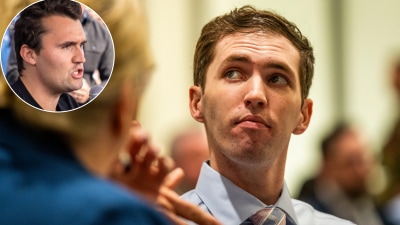Pahalgam attack fallout: Visas cancelled, farewells and tears on both sides of Attari border post
The atmosphere is heavy with uncertainty as families such as Farheen’s, torn apart by paperwork and the border, struggle to come to terms with the sudden separation.
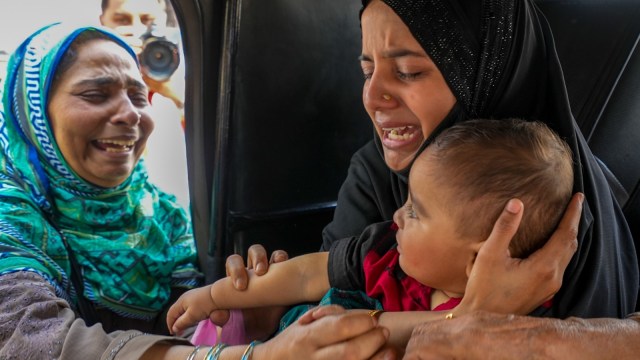 Pakistan national Farheen as she leaves her 18-month-old son and other family members at Attari, Tuesday. (Express photo by Rana Simranjit Singh)
Pakistan national Farheen as she leaves her 18-month-old son and other family members at Attari, Tuesday. (Express photo by Rana Simranjit Singh)Holding her 18-month-old son tightly to her chest, Farheen sobs bitterly. “Uttar ja beta, uttar ja,” says her mother-in-law, Sadia, from inside the autorickshaw that has brought the family to the Attari-Wagah border, from where Farheen will leave her child and relatives behind and walk across the border to Pakistan.
Since April 25, the Integrated Check Post (ICP) at Attari has witnessed scenes of heartbreak and farewells as Pakistan nationals, many of whom have lived in India for years, leave their families behind to cross over to the other side. Following the Pahalgam terror attack on April 22, India has taken a series of measures to ratchet up pressure on Pakistan — putting the Indus Waters Treaty (IWT) on hold, downgrading diplomatic ties and shutting the Attari-Wagah border. It has also cancelled all short-term and special visas to Pakistan nationals. Islamabad responded by suspending visas issued to Indian nationals. However, long-term visas — usually valid for one to five years and issued by India to Pakistan and Bangladesh nationals who have close relatives holding Indian citizenship — have not been revoked.
So far, 787 Pakistan nationals have gone across the border through the Attari ICP since the curbs came into effect on April 25.
Officials said around 1,560 people — both Indian nationals and Pakistanis on long-term visas — too have walked across the border to India.
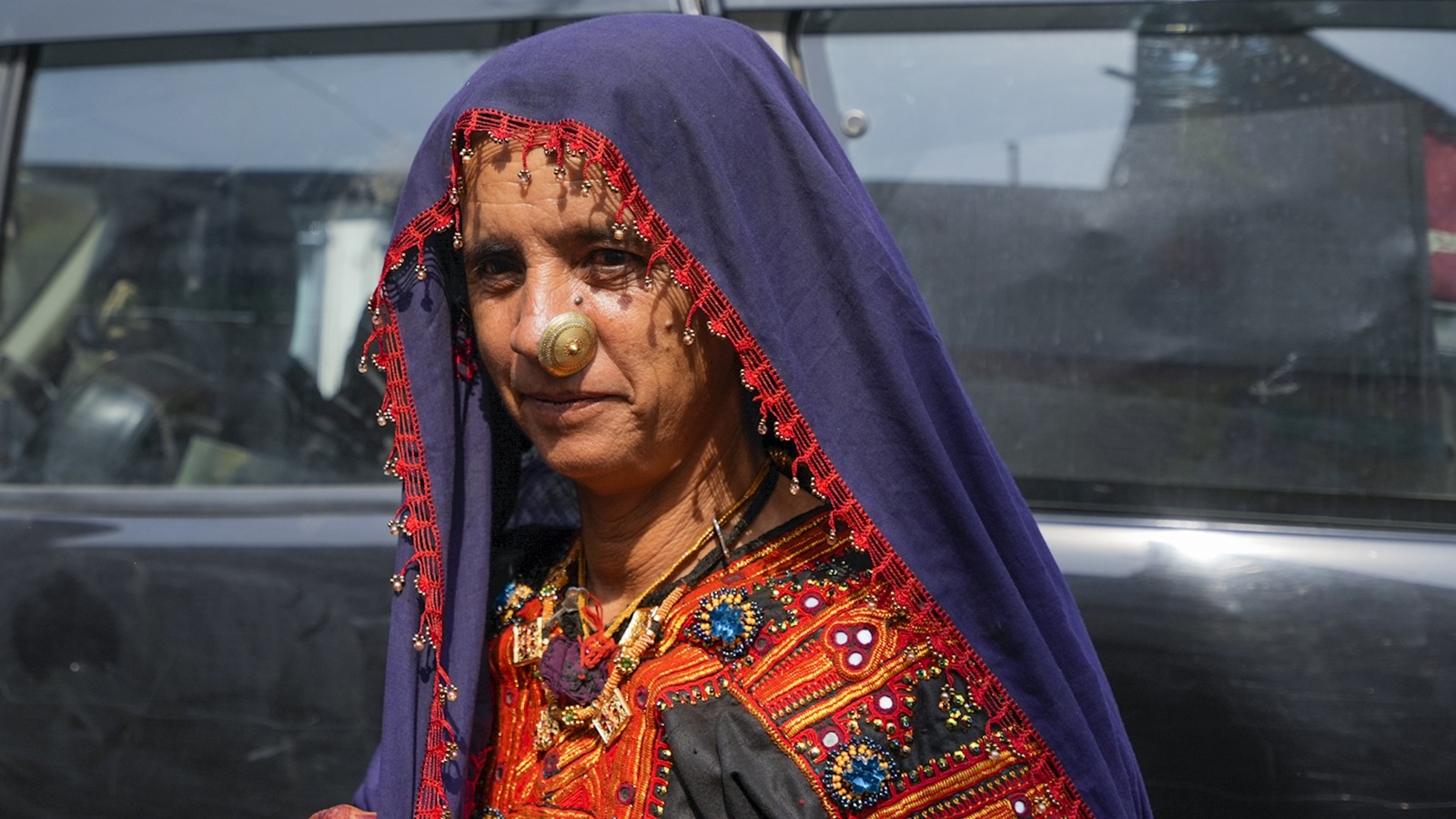 An Indian citizen upon her return from Pakistan at the check post. (PTI)
An Indian citizen upon her return from Pakistan at the check post. (PTI)
Amid this exchange of people, tearful goodbyes echo at the border gates, with women clutching their children and families pleading for more time. Autos and luggage line the entry points, while security personnel maintain a strict presence. The atmosphere is heavy with uncertainty as families such as Farheen’s, torn apart by paperwork and the border, struggle to come to terms with the sudden separation.
Two years ago, Farheen, a Pakistan national, married Imran, from Prayagraj in Uttar Pradesh, and has been in India ever since on a regular visa. She says, “My child has an Indian passport. The Pakistan government won’t let him in and the Indian government won’t let me stay here. Governments should at least have mercy on small children. They should be allowed to accompany their parents. How can children be a threat to anyone?”
As her sister-in-law wrenches the baby from Farheen’s lap, both the mother and the child cry uncontrollably. “Take care of him,” says Farheen before walking over to join the others in the queue waiting to cross the Zero Line.
“We had applied for a long-term visa for Farheen. Though there are always issues with paperwork in marriages that take place across the border, we were never prepared for something like this. How will the baby stay without his mother,” says Farheen’s mother-in-law, wiping her tears.
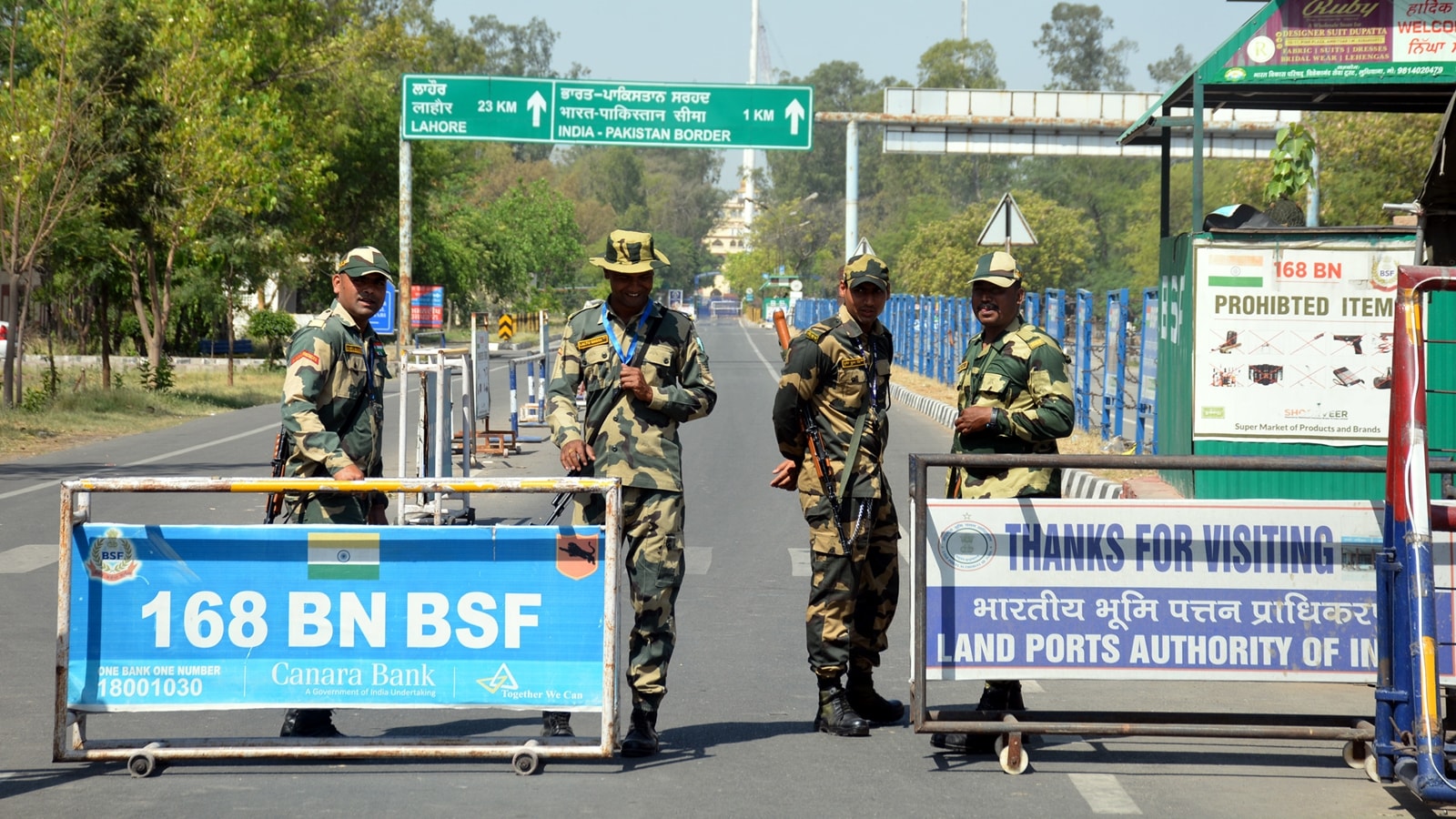 Barriers at the Attari Integrated Check Post, a day after India announced its closure. (Express photo by Rana Simranjit Singh)
Barriers at the Attari Integrated Check Post, a day after India announced its closure. (Express photo by Rana Simranjit Singh)
Also at the checkpost is Ira, a Pakistan national who has lived in Delhi for the last 10 years since her marriage. After her long-term visa expired during the Covid pandemic, she had to leave India and it was only earlier this month that she got a five-year visa to join her husband and child in Delhi. “I was so happy to meet my child again, but now I am going back. What happened in Pahalgam is wrong. How can anyone justify something like that? By all means, punish those who carry out such crimes. It is also okay to ask those on business or special visas to leave. But governments must think about people like us who have families across the border.”
A few metres away, Sameera, a Pakistan national from Karachi, sits with her husband Rizwan at a dhaba, minutes before heading to the check post at Attari. Sameera, who came to India in September last year to meet her uncle’s family and married Rizwan soon after, is now pregnant. “At least those with relatives here should have been allowed to stay,” she says through tears.
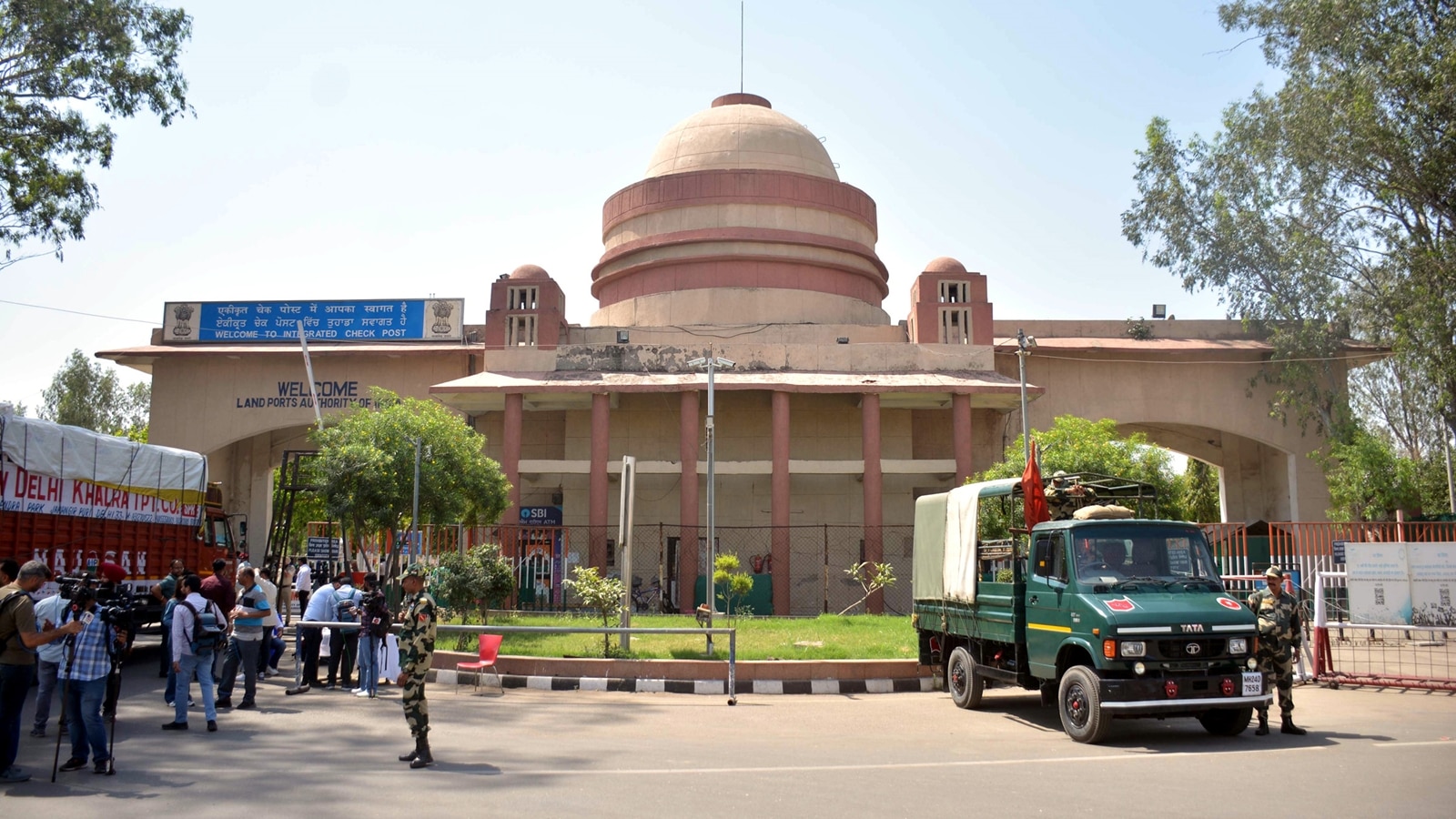 The Integrated Check Post at Attari border.
The Integrated Check Post at Attari border.
Rizwan says, “She has been crying ever since we received the call that she will have to go back to Pakistan. She is pregnant. The situation is not good for her. The government should have thought about such cases before issuing a blanket order for all citizens to leave.”
Also at the ICP are Indian nationals and Pakistanis on long-term-visas who have crossed over from Pakistan. Anxiously waiting for her brother and his wife at the ICP gate, Rubina says, “My brother and his two children are Indian citizens, but his wife is a Pakistani national. They had gone to visit her family when the terror attack happened. Pakistan authorities are not allowing her to come to India and my brother doesn’t want to come without her. Let’s see what happens,” says Rubina.
Among the few happy faces is that of Sarita Jaisrani, a Pakistani national who has a long-term visa for India. “I am really happy they allowed me to enter India. I have a Pakistani passport, but my children are Indian and my husband and in-laws are here. I am thankful to both the governments,” says Sarita, who had gone with her children to Pakistan to visit her maternal family.







